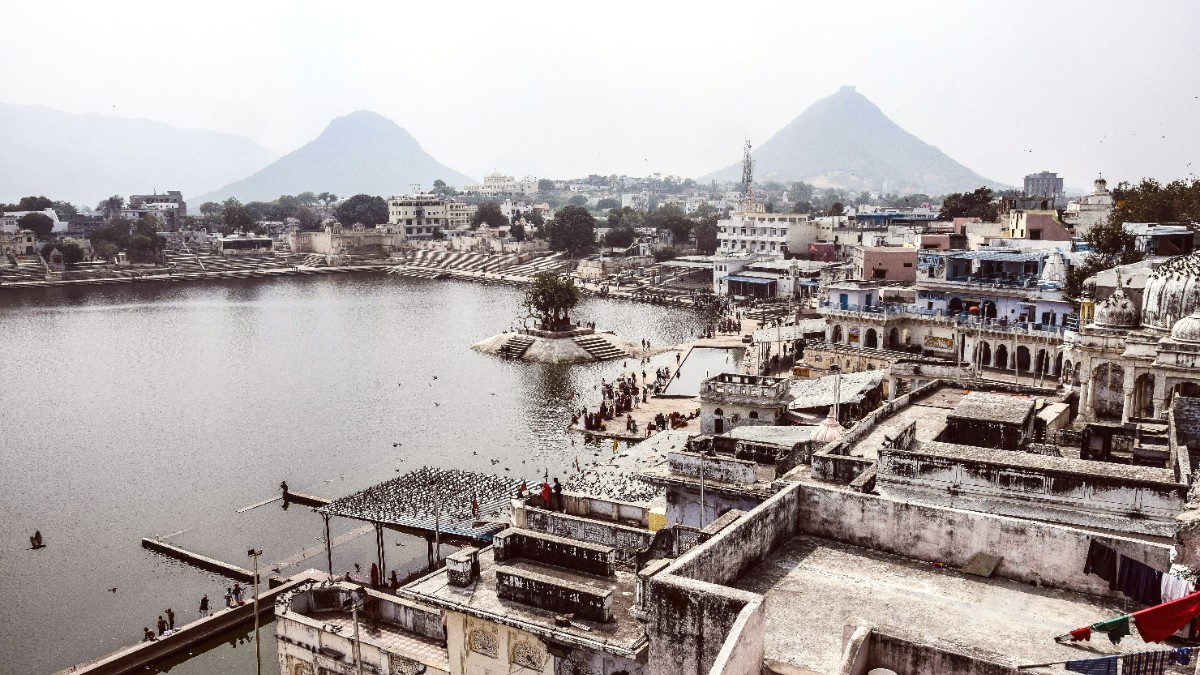
Rajasthan, India
Support local initiatives keeping Pushkar Lake clean. Be mindful of waste and water usage in this arid region. Dispose of waste responsibly.
Dress modestly, remove shoes at sacred sites, use your right hand for transactions. Always ask permission before taking photos of people. Support cultural preservation.
Support local businesses and artisans. Buy fair trade products. Hire local guides. Avoid direct giving to child beggars; instead, donate to reputable charities.
Conscious choices benefit the planet and the local community.
The sanctity of Pushkar Lake and surrounding hills naturally prompts reverence. Support local organizations aiming to keep the lake and town clean. These efforts rely on visitor cooperation.
Waste management remains a challenge in India. Adopt reduce, reuse, recycle principles. Rajasthan is an arid region; water is a precious resource. Be mindful of your water usage.
Consider supporting carbon offset programs for your international and domestic flights. These programs mitigate the environmental impact of air travel. Terrapass carbon offsets are available.
Seek out hotels and guesthouses demonstrating environmental responsibility. Choose tour operators prioritizing responsible tourism, minimizing their environmental footprint.
Engage with local initiatives promoting environmental awareness and sustainable development within Pushkar.
Your choices as a traveler significantly shape the local economy and cultural landscape of Pushkar.
Respectful interaction strengthens your experience. Dress modestly, specifically at religious sites. Remove shoes before entering temples and homes.
Your tourism dollars circulate directly within the community by supporting local businesses. Look for certified fair trade products if available, or buy directly from artisans.
Avoid direct giving to child beggars; this can perpetuate the cycle of begging and discourage school attendance. Instead, donate to reputable local NGOs or charities supporting child education.
Be mindful of the welfare of working animals, like camels used for safaris. Choose operators who appear to treat their animals well and provide good conditions.
Your interest keeps these traditions alive. Support local initiatives preserving Pushkar's unique cultural heritage, traditional crafts, and religious practices.
Purchase directly from local artisans to support their livelihoods and heritage.
Participate respectfully in ceremonies or observe from a distance.
Look for local organizations promoting cultural preservation.
Do not engage in activities that contribute to exploitation or harm, whether to people or animals. Informed decisions protect vulnerable populations and local traditions.
Your visit can have a positive impact. Adopt responsible practices to support a thriving Pushkar for everyone.